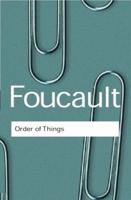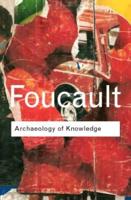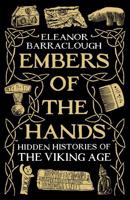Publisher's Synopsis
This historic book may have numerous typos and missing text. Purchasers can usually download a free scanned copy of the original book (without typos) from the publisher. Not indexed. Not illustrated. 1916 edition. Excerpt: ...on the new-moon day was in progress at the time of the trial of Odysseus's bow. Is it not the holy day of Apollo, ask the suitors? Who on such a day could stretch the bow? 3 The first of the month is holy, declares Hesiod.4 In Athens, and doubtless in other Greek cities, the Noumenia continued to be in historic times a day of repose, when all public activities, except of a religious character, were intermitted.6 Private business, however, was not suspended on the Noumenia; the markets, especially those for the purchase of slaves, were then particularly frequented; the time was regarded as the most favourable for marriage; and in the homes there was much feasting and good cheer.1 The Dichomenia (Stxo/t1/ta), or full-moon day, appears also to have been a regular monthly festival in Greece, though of lesser importance than the Noumenia.2 'Herodotus, ii, 47; Plutarch, astronomical new moon (Thucyd-De hide et Osiride, 8, 43, 52; ides, ii, 28). Frazer, Adonis, Attis, Osiris, ii, 3 Odyssey, xxi, 258 sq.: 129-131; Budge, Osiris and the vvv /jiev yap Kara Stj/jlov ioprij rota 6tou Egyptian Resurrection, i, 384--396. ayvrj. Ti's 8t xt ro a T1ralvo1r'; 1J. Meursius, Gracia feriata, Compare ibid., xiv, 158-162, xx, sive de festis Grtecorum, Lugduni 156, 276-278. Batavorum, 1619, pp. 210-214; 4 Opera et dies, 770. F. G. Welcker, Griechische Cotter-1Aristophanes, Nubes, 615-19; lehre, Gottingen, 1857, i, 554 sq.; idem, Acharnenses, 999; idem, W. H. Roscner, Ober Selene und Vespa, 96; Demosthenes, Adv. Venoandtes, pp. up sq.; idem, in Aristogiton, i, 99; Athenzus, Deip-Philologus, 1898, Ivii, 216, 218; E. nosophiste, xii, 76; Plutarch, Quas-Saglio, "Noumenia," Daremberg tionesRomana,25; idem, De vitando and Saglio's Dictionnaire des anti-are..."










